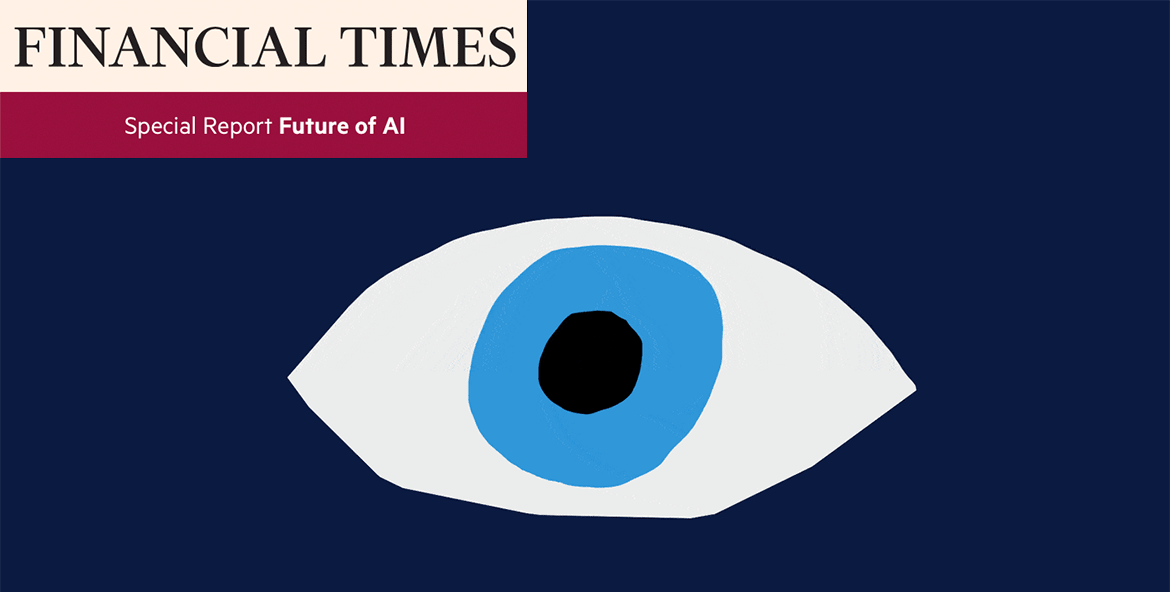
Excerpt:
Few industries are more ripe for creative disruption than healthcare, which consumes huge sums of public and private funding while still battling to meet demand from growing and ageing populations around the world.
As a result, artificial intelligence is increasingly becoming a force to be reckoned with in the medical field. But, as in many industries, its full potential is only now starting to emerge, and uncertainty remains about exactly how AI can best be harnessed to deliver better, more efficient care — and improve the experiences of patients and healthcare staff.
Diagnostics and imaging
Perhaps the area where AI has provoked the greatest excitement is in its potential to improve the speed and accuracy with which diagnostic scans are interpreted.
For example, Imperial College Health Partners in the UK — which brings together NHS providers, universities and industry across north-west London — sees a big role for the technology in delivering health innovations using real-world evidence. Its chief executive, Axel Heitmueller, says AI systems already allow MRI and CAT body scans, and X-rays, to be read “perhaps more consistently than humans can."
However, he cautions that clinical professionals should not be taken out of the equation: “The evidence emerging, despite all the hype, [is that it’s] when you combine human and machine that you get the best results.”
One area that needs more discussion is the baseline against which AI tools should be judged in the field of diagnostics, he says. “Everyone always focuses on the machine and complains that a machine is not perfect. But we have never had [perfection] with healthcare professionals, so that raises the question: what is an acceptable failure rate for humans?”
Pranav Rajpurkar — assistant professor of biomedical informatics at Harvard Medical School and co-founder of a2z Radiology AI, which has produced an AI model for abdominal and pelvic CAT scans — believes failure rates may, one day, be eradicated altogether. He says: “I think there [can be] a world in which, because of AI, we don’t make medical errors [and] in which no disease is missed.”
However, while the technology is already contributing to the earlier detection of time-sensitive conditions, it is not yet “making people faster at what they do,” he cautions.
His research mission is to build what are called generalist medical AI models that will be capable of achieving “the full spectrum of tasks that doctors can do in medical image interpretation.”
While, currently, AI can detect lung nodules on chest X-rays, or lesions on mammograms, for example, “the expert still has to do 200 to 400 other things as part of the interpretation and we don’t [yet] have algorithms that can do that,” points out Rajpurkar.
“The efficiency value proposition is one that still we have not delivered on in AI, but one that I think is something we’re on the cusp of being able to do with upcoming technology advances.”